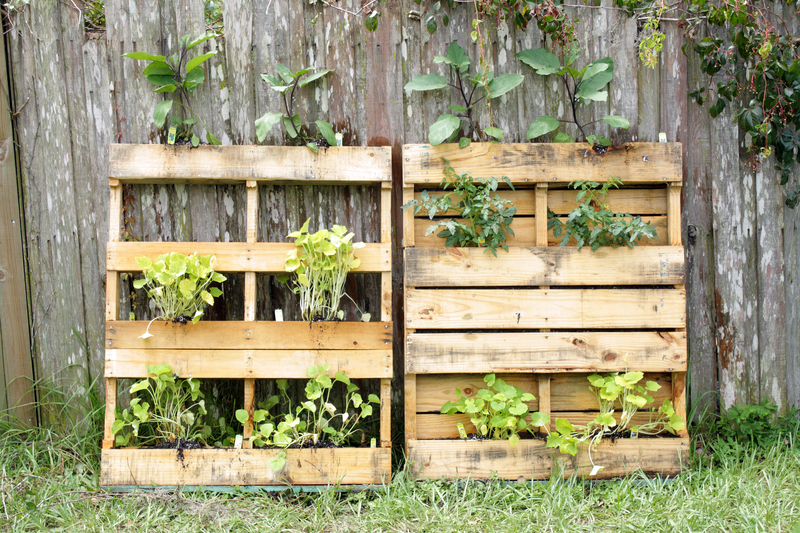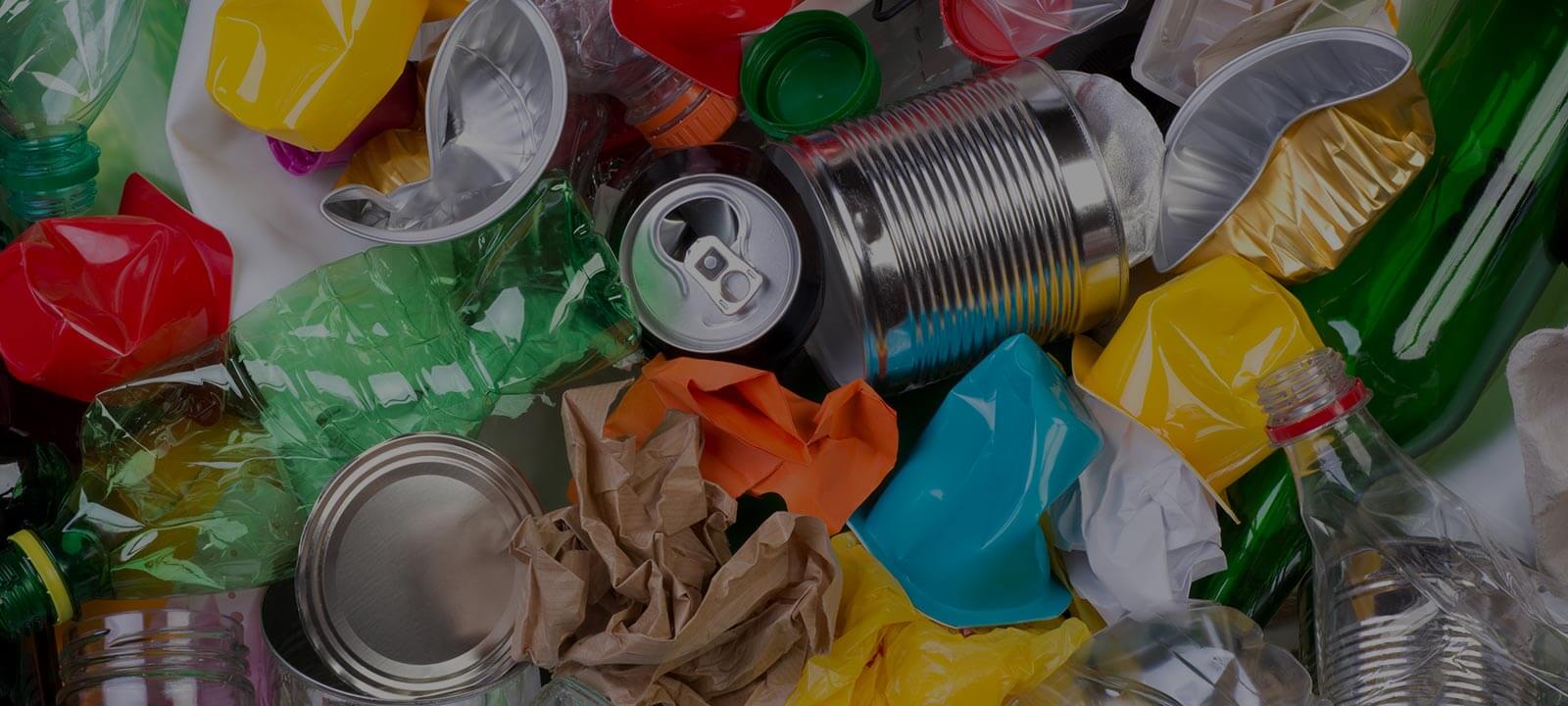Organize Your Trash the Right Way
Posted on 03/09/2025
Organize Your Trash the Right Way
Waste management is an essential aspect of maintaining a clean and sustainable environment. By effectively organizing your trash, you not only contribute to the health of the planet but also create a more orderly living space. This article will guide you through the process of organizing your trash the right way, offering useful tips, discussing the pros and cons, and providing valuable takeaways.
Understanding the Importance of Waste Segregation
The importance of segregating waste cannot be overstated. Proper waste segregation involves separating biodegradable waste from non-biodegradable waste, thus facilitating recycling and proper disposal. This is crucial for reducing the burden on landfills and ensuring that recyclable materials are processed efficiently.

Steps to Organize Your Trash
1. Identify the Types of Waste
The first step is to understand the different types of waste generated at home:
- **Organic Waste:** Includes food scraps, garden waste, etc.
- **Recyclable Waste:** Encompasses paper, plastic, glass, and metal.
- **Hazardous Waste:** Comprises batteries, chemicals, and electronic waste.
- **General Waste:** Non-recyclable and non-hazardous items.
2. Use Separate Bins for Each Type of Waste
Designate different bins for each type of waste. Ensure that these bins are clearly labeled to avoid confusion. This will make it easier for everyone in the household to dispose of waste correctly.
Effective Recycling Practices
Recycling is a key component of waste management. Here are some effective recycling practices:
Rinse Recyclables
Before placing recyclable items in the bin, rinse them thoroughly to remove any food residue. This prevents contamination and makes recycling more efficient.
Flatten Cardboard Boxes
Flattening cardboard boxes saves space in your recycling bin and ensures that they are easily processed at recycling facilities.
Avoid Wish-Cycling
Wish-cycling, or the act of placing non-recyclable items in the recycling bin in the hope that they will be recycled, can contaminate recyclables. Always check local recycling guidelines to know what can and cannot be recycled.
Tips for Reducing Waste
Reduction of waste is as important as proper waste segregation. Here are some tips to help reduce the amount of waste generated:
Compost Organic Waste
Composting is an excellent way to reduce organic waste. It turns food scraps and garden waste into valuable compost, which can be used to enrich soil.
Use Reusable Items
Opt for reusable items such as shopping bags, water bottles, and coffee cups instead of single-use products. This significantly reduces the amount of waste generated.
Buy in Bulk
Purchasing in bulk reduces packaging waste. Choose products with minimal packaging whenever possible.
The Pros and Cons of Organizing Your Trash
Pros
- **Environmental Benefits:** Effective waste management reduces pollution and conserves natural resources.
- **Healthier Home:** A well-organized waste system minimizes odors and prevents pest infestations.
- **Economic Savings:** Reducing waste and recycling can lead to cost savings in waste disposal fees.
Cons
- **Time-Consuming:** Setting up an organized waste system and maintaining it requires time and effort.
- **Initial Costs:** Purchasing separate bins and composting equipment may involve initial costs.
- **Space Requirement:** You need ample space to accommodate different bins for waste segregation.

Key Takeaways
1. Waste segregation is essential for effective recycling and waste management.
2. Use separate bins for different types of waste and ensure they are clearly labeled.
3. Adopt effective recycling practices such as rinsing recyclables and flattening cardboard boxes.
4. Reduce waste by composting organic material, using reusable items, and buying in bulk.
5. Organizing your trash has numerous benefits, including environmental conservation and economic savings, despite requiring time and initial investment.
Conclusion
Organizing your trash the right way is an important step towards sustainable living. By segregating waste, adopting effective recycling practices, and reducing waste generation, you can make a significant positive impact on the environment. While the process requires some time and effort, the benefits far outweigh the challenges. A cleaner home and a healthier planet are rewards worth striving for.
Latest Posts
Alternatives to Common Plastic Items
Recycling Strategies for Non-Compostable Garden Materials






